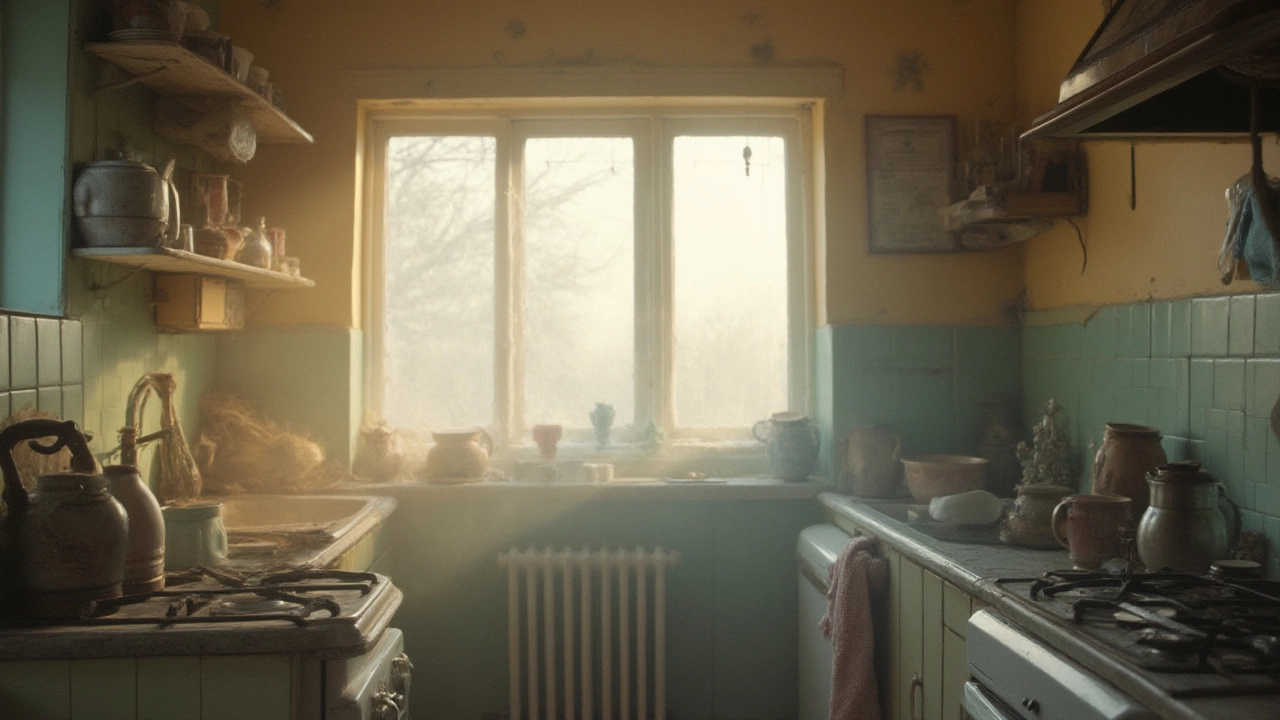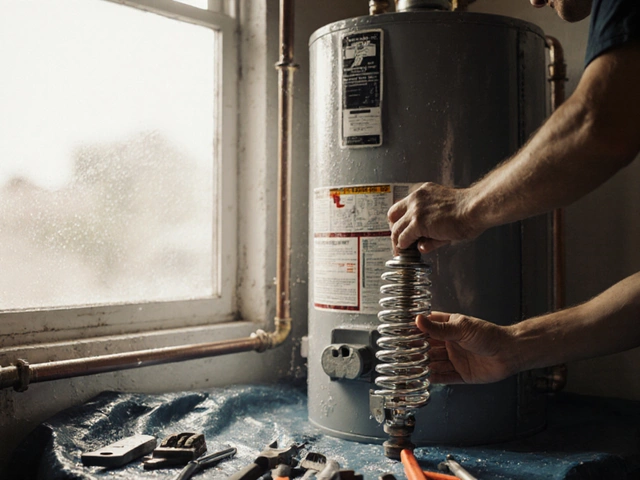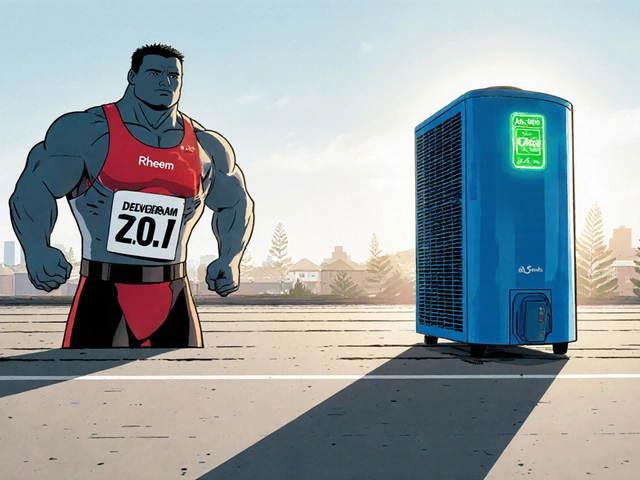How Long Does It Take to Fix a Hot Water Heater? Real Timelines from Auckland Plumbers
November 18 2025What Condensation Means for Your Boiler and Home
Ever notice water dripping from your boiler or feel a damp patch on the wall near the heating system? That’s condensation showing up where it shouldn’t. In simple terms, condensation is water vapour turning back into liquid when it hits a cold surface. It’s a natural part of heating, but when it builds up inside your boiler or around pipes it can cause rust, lower efficiency, and even safety risks.
Why Condensation Happens in Modern Boilers
Most new boilers are “condensing” models. They squeeze as much heat as possible out of the gas they burn. To do that, they cool the flue gases until the water vapour inside them condenses. The heat released from that water is then fed back into your heating system, which makes the boiler more efficient – often over 90% compared to older units.
That sounds great, but the side‑effect is a tiny amount of acidic water that needs to be drained away. If the drain pipe is blocked, tilted the wrong way, or the boiler is installed incorrectly, the water can pool inside the unit. Over time that pool creates rust, reduces the heat exchange surface, and can trigger fault codes.
Practical Ways to Keep Condensation Under Control
First, check the condensate pipe. It should run downhill, be free of kinks, and have no cracks. A quick visual inspection every few months can spot blockages before they cause trouble.
Second, make sure the boiler’s surrounding area stays dry. If you notice damp walls or musty smells, improve ventilation or add a de‑humidifier. Small leaks often start at the pipe joints, so tightening connections can stop water from seeping into walls.
Third, schedule a yearly service with a certified gas engineer. A professional will clean the heat exchanger, flush the condensate system, and test for any corrosion. Regular servicing not only extends the boiler’s life but also keeps your home safe – an undetected leak could lead to carbon monoxide buildup.
Lastly, watch your heating bills. If they start creeping up without a change in usage, it might be because the boiler’s efficiency has dropped from excess condensation. A quick check of the condensate drain and a service call can bring those numbers back down.
In short, condensation is a double‑edged sword: it boosts efficiency but can cause headaches if ignored. By keeping the drain clear, maintaining a dry environment, and getting a professional check‑up each year, you’ll enjoy the energy savings without the hassle of rust or leaks. Have you noticed any water spots near your boiler lately? A few minutes of inspection could save you a costly repair down the road.
 24 Jul
24 Jul
Extractor Fan Risks: What Happens if You Don't Use Your Extractor Fan?
Ignoring your extractor fan has bigger consequences than just a bit of steam or smell. This article uncovers what really happens when you skip using your fan, plus tips to keep your home healthy.
Read More...



